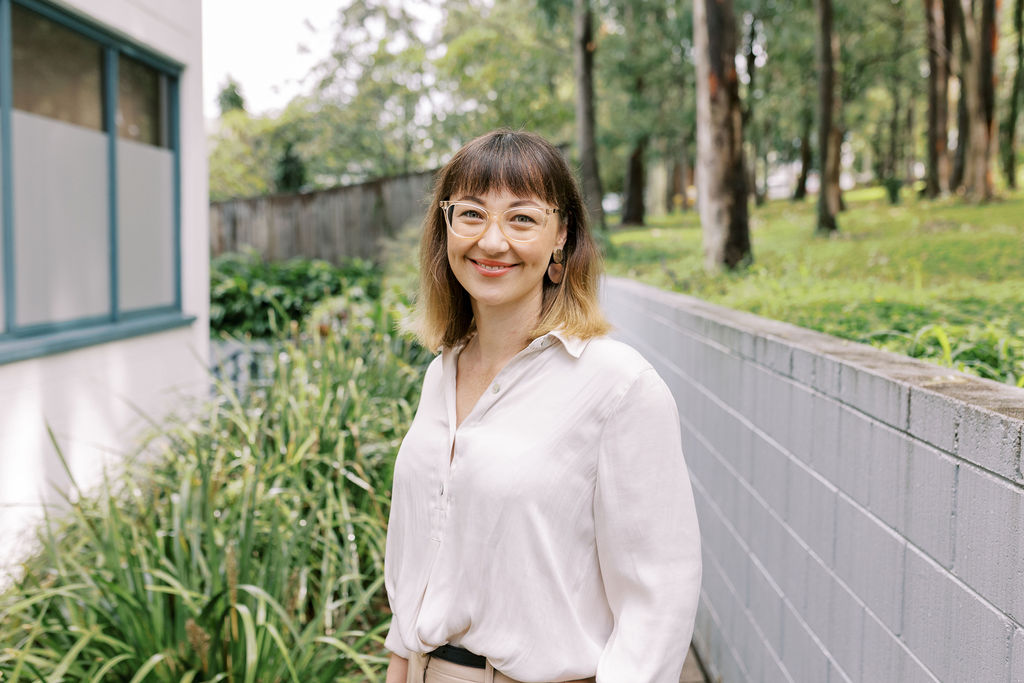

Rose Plater leads the community, health and aged care portfolio at Paynters, specialising in the strategic planning and delivery of capital projects that transform aged care environments. With a background in health service management, finance, and governance, Rose partners with providers to develop future-fit infrastructure aligned with care models, regulatory change and funding reform. She brings deep expertise in stakeholder engagement, master planning, and securing capital funding, including successful ACCAP submissions. Rose is passionate about designing environments that are not only compliant and efficient, but deeply human — supporting dignity, autonomy, and operational sustainability across the full continuum of ageing services.
From well-meaning to well-being: Reimagining dementia care through design
Precis
This session is a call to action to rethink how we design for people living with dementia—not as patients to be managed, but as individuals to be supported. It challenges the sector to move beyond replicating task-driven, institutional models and instead design environments that restore personhood, uphold dignity, and support the right to live well—even with complex care needs.
Despite best intentions, many aged care environments—especially those intended for people living with dementia—still reflect the legacy of institutional design. Physical layouts often prioritise surveillance, control and containment over wellbeing, autonomy and familiarity. These “well-meaning” design cues, some still embedded in regulatory frameworks like the National Construction Code, can disempower residents and unintentionally trigger the very behaviours we aim to prevent.
This presentation will take participants on a journey through the evolution of dementia design and help them recognise “domestic blindness”: the unseen but pervasive environmental features—such as poor lighting, institutional routines, and rigid layouts—that undermine quality of life. Through contemporary evidence and two real-world examples, we will explore how design through the lens of dignity can fundamentally shift the lived experience of dementia.
Participants will learn how to:
Support psychosocial wellbeing and agency through domestic-scale, familiar environments
Reduce distress behaviours by eliminating environmental triggers and supporting orientation and routine
Enable staff to work relationally, not transactionally, by embedding calm, intuitive design
Challenge clinical control mechanisms in high-acuity settings, replacing them with supported freedom, purpose and safety
Deliver lower capital costs through efficient footprints and simplified servicing—while also improving operational and AN-ACC funding outcomes
We will also explore how to navigate design frameworks and compliance regimes—such as the NCC and fire safety codes—without defaulting to institutional form. We’ll debunk common myths of dementia design and provide practical strategies for creating environments that feel like home—not facilities.
Because this is not just about better buildings.
It’s about better lives.